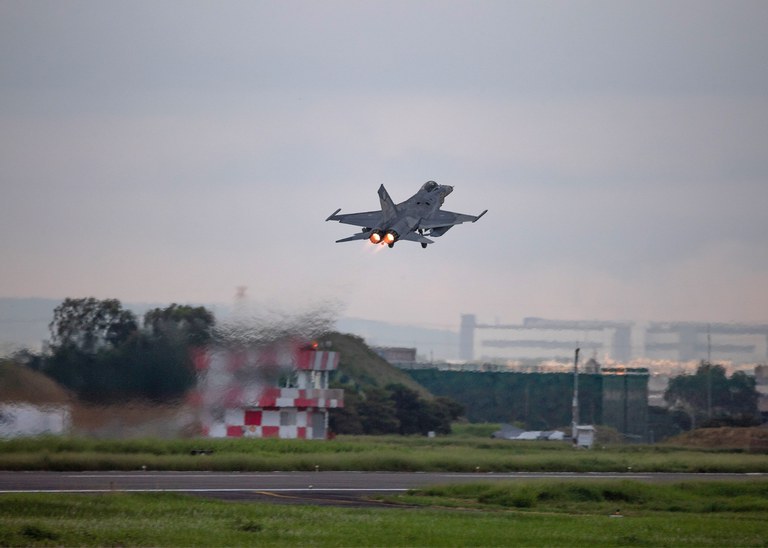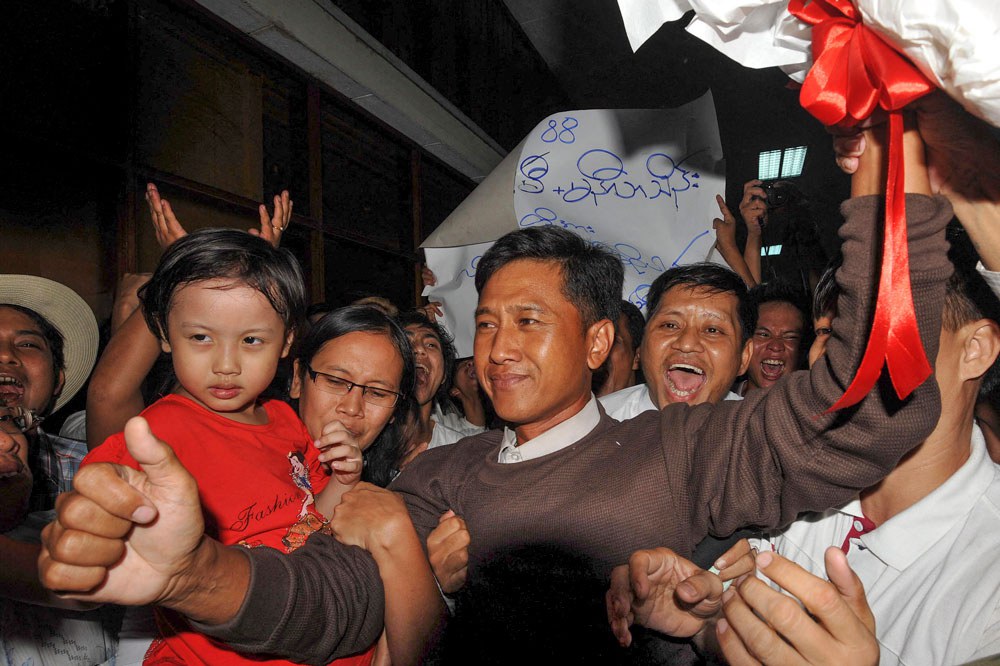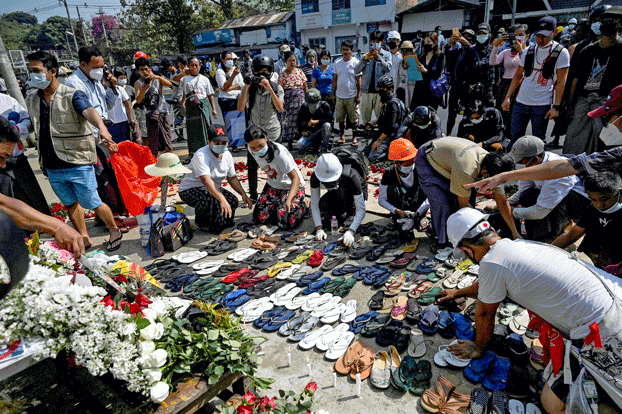INTERVIEW: Lin Zhao: a short-tempered martyr who idolized then rejected Mao Zedong
Mao-era Chinese dissident Lin Zhao, whose birth name was Peng Lingzhao, was a writer and journalist who grew up near Nanjing, in the eastern province of Jiangsu. Initially a star student at the prestigious Peking University, Lin was branded a “rightist” and a “class enemy” in the 1950s for her criticism of then-supreme leader Mao Zedong’s Anti-Rightist Movement targeting intellectuals. She was executed by firing squad at Shanghai’s Longhua Airport in 1968 at the age of 36, and her family was ordered to pay five cents for the bullet that killed her. Her biographer Lian Xi, author of Blood Letters: The Untold Story of Lin Zhao, a Martyr in Mao’s China, spoke to RFA about her importance as a recent historical figure: RFA: Why was Lin such an important figure? Lian Xi: Lin Zhao really was an extraordinary person. We know that there were many, many victims of the Cultural Revolution, but there were no real political dissidents like Lin Zhao. There were some big-name intellectuals within [the ruling Chinese Communist Party (CCP)] … peoplel like Deng Tuo and Wu Han in the early 1960s before the Cultural Revolution started … who tried to persuade Mao to give up authoritarian rule. There were also some political heretics outside the CCP during the Cultural Revolution, like Yu Luoke and Zhang Zhixin, but they never totally broke away from the ideology of the CCP. The only one who openly rejected CCP ideology as enslavement and tyranny was Lin Zhao. RFA: What impact did Lin Zhao’s parents’ political views have on her world view? Lian Xi: Lin Zhao herself said that some of her so-called progressive political thoughts came from her mother’s influence. Her father was different. He never put his patriotic enthusiasm into action on the streets. He hoped to help China move towards modernity by introducing Western democratic institutions. But I think the most profound influence on her political ideals came around the time she was applying to go to the Jinghai teacher training college as a high-schooler. RFA: We know that Lin Zhao broke with her father, dropping his surname Peng and saying that Mao Zedong was her father. What role did her personality play in her story? Lian Xi: I think personality played a very big part. She was a very emotional person, but also a person who was prone to irritability. She also saw herself as inseparable from her ideals. When she was in secondary school, she was influenced by radical ideological trends within the CCP, and became determined to use her blood and her life to build a society free from social injustice, persecution and oppression. RFA: In 1954, Lin won a place at Peking University with the top score out of the whole of Jiangsu province. She once aspired to be the best reporter in the Mao Zedong era. When do you think she started having doubts about Mao and about communism? Lian Xi: As you just said, Lin Zhao once called Mao her father. This kind of complex, this very deep feeling for Mao, was actually very real at the time, and it wasn’t only Lin [who did that]. Lin had a classmate at Peking University called Shen Zeyi, and he was a poet. He used to say that many of their classmates had so much admiration for Mao that they all referred to him as father. Her ideas took a long time to change. She hadn’t given up her belief in Mao or the CCP by the early 1950s, when she was repeatedly suppressed during the land reform movement. It was only when she was labeled a rightist in 1957 that she started to break with the CCP and with communist ideas. RFA: And she was tortured due to that uncompromising attitude, wasn’t she? Lian Xi: The earliest torture mostly took place in the No. 1 Detention Center in Shanghai. Lin Zhao called the No. 1 Detention Center a hell-hole. Because she pleaded not guilty … the prison guards tortured her to force a confession. They handcuffed her hands behind her back, not with one pair of handcuffs, but two: one pair on her upper arm and the other on her lower arm … At one point she wore handcuffs for six months because she was determined not to give in [and ‘confess’]. During that time, she was also piercing her fingers and writing poems in her own blood, all of which were addressed to Mao Zedong. RFA: How much did she write in this way? Lian Xi: There are about 200,000 words that we know about, which is quite a number. Because she was a reporter, she described prison life in great detail, one of which was how she managed to write in blood. In her “Letter to the Editorial Department of People’s Daily” … she says that this letter isn’t being written in blood but in pen and ink, but it’s sealed with the character Zhao in her own blood. When I went to the Hoover Institution to look at Lin Zhao’s original documents, you could see that her private seal was stamped on each page. Also, the official indictment says that Lin Zhao pierced her own flesh hundreds of thousands of times to write hundreds of thousands of words of extremely reactionary content in her own blood. RFA: Have you seen any of this writing with your own eyes? Lian Xi: They’re not around any more. But I interviewed the judge who retried Lin Zhao’s case, and specifically … asked him if had seen her writings in blood, and he said he had seen them. Then I asked him why he didn’t give her writings back to her family, and he said it would have been too harrowing for them. The other [witness] was Chen Weisi, the first reporter to write about Lin, and he saw some of her blood writings too at the time. RFA: I know that Hu Jie, who directed the documentary “Looking for Lin Zhao’s soul,”…






